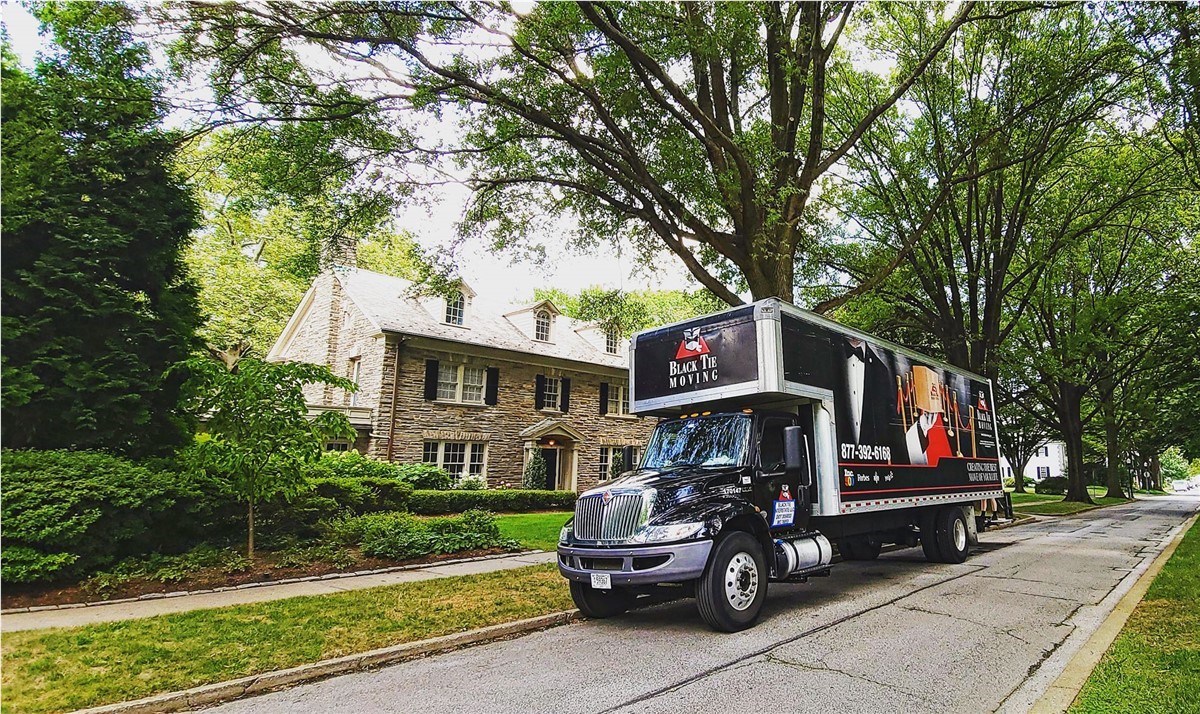Taking advantage of tax breaks can make the pricey endeavor of moving an office an easier pill to swallow. However, to fully maximize these benefits, there are a few things you need to know. Keep reading to learn what you can and can’t deduct whether it’s as an employee or business owner.
Corporate Deductions
Businesses that can deduct the full cost of a move from company taxes – including brokerage commissions from finding new office space – are those set up as a corporation or limited liability corporation (LLC).However, sole proprietorships or partnerships must meet two criteria before deducting moving expenses. Known as the distance and time test, you must move a minimum of 50 miles from your current location and work there at least 39 weeks in the first year following the relocation.
If you meet those qualifications, the following expenses are deductible:- Packing and moving costs, whether you hire professionals or not
- Storing belongings up to 30 consecutive days
- Fees to connect or disconnect utilities
- Transportation of vehicles and pets
Employee Deductions
Tax regulations get a bit more complicated for employees going through a job relocation since there are limits on what can be deducted.For a move to qualify, an employee must also follow the time and distance rule (39 weeks and 50 miles). However, if you are self-employed in the new location, in addition to working at least 39 weeks in the first year you must also work a minimum of 78 weeks in the first two years. These 78 weeks can include any time worked as an employee as well as self-employment.
There are a couple of exceptions to these rules to be aware of, such as if you lose your job or if you are in the armed forces. And if you are married, only one of you needs to meet the distance and time qualifications.
If you pass the time and distance test, you can deduct expenses of moving yourself, family and your belongings, including:- Professional moving services
- Paid non-professional moving help
- Rental moving trucks or pods
- Movers insurance
- Gas, oil or the standard moving mileage rate for travel by car
- Personal storage up to 30 days prior to delivery in new location
- Packing materials
- Travel expenses for yourself and family members
3 Costs You Can’t Deduct
- Meals consumed during the move
- House-hunting costs incurred before the actual move
- Expenses your employer has reimbursed you for, unless the reimbursements were included in your income
Get Help from the Professionals
Taking advantage of valuable deductions can ease the headache of a corporate move – so can hiring the right professional moving team. At Black Tie Moving, we pride ourselves in providing a VIP moving experience. Our concierge services are custom fit to your move, making it as smooth as possible. If you’re in need of professional help for your corporate relocation, contact Black Tie Moving for a FREE estimate today!Subscribe to Black Tie Moving's Blog









Comments